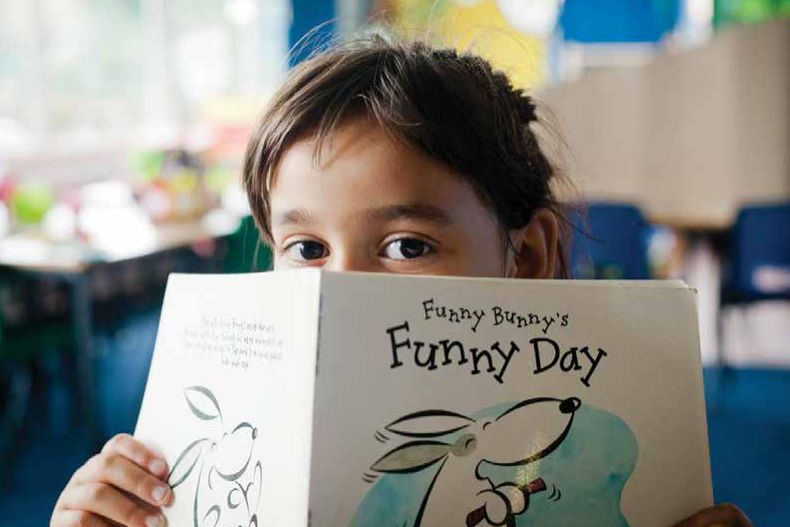Here is an extract from the ‘Read On, Get On.’ report. Please read the entire report for a thorough understanding of the literacy problem in the UK.
In Britain primary education for children has been compulsory for at least the last 150 years. Yet to our shame, thousands of children leave primary school each year unable to read well enough to enjoy reading and to do it for pleasure, despite the best efforts of teachers around the country.
We know that young children who enjoy reading independently will have had the door opened to new discoveries and wide interests, to knowledge, creativity, and confidence. Reading is the critical route to other subjects as well as a provider of wider opportunities for giving more and getting more from life and work.
However for those children living in the poorest families and the most deprived communities the situation is even worse. four out of ten children on free school meals are not able to read well by the age of 11.
For any of these children, entering secondary school without the ability to read well can engender a crippling lack of confidence and confusion. This in turn can lead to humiliation and despair at precisely the moment when raised aspirations and the enjoyment of achievement should be creating a positive future for every child. This is the unacceptable consequence of child poverty in the UK which is exacting both a life sentence on many of these children and a terrible toll on our society. The recently launched Fair Education Alliance highlights the gap in literacy and numeracy by the age of 11 as one of the most critical challenges for the UK.
New research published here shows starkly that the UK has the strongest link among developed nations between poor literacy and unemployment. This is a ticking time bomb for our long-term competitiveness. We know too that the die is cast early. By the age of 3 we can already see the clearest correlation between family income and the vital language development that leads to reading. This is not just a task for our schools – vital as they are.
What can be done to reverse the trend and raise our game? We have not gathered together the huge range of organizations signed up to this report just to rehearse the problem, but with the aim of building a coalition for change. This report casts the challenge and the case for practical action in the clearest possible light. Its intention is not to lay the problem at the feet of the government of the day or to cast blame on those who preceded them. Although much effort has been expended this is a task for us all.
Our task is to enlist all those who can help to achieve a most ambitious but vital goal. We want to get every child reading well at the age of 11 across the whole of the UK by 2025. That means to be able to enjoy stories like Treasure Island or Harry Potter, as well as confidently to enjoy reading in a wide range of subjects. We know from the successes of schools and communities around the country that reading levels can be transformed and that there is no level of poverty, or special educational need where a profound positive difference cannot be made. Well-trained and inspirational primary teachers are achieving great literacy results and are a critical resource in poor communities. In addition to this families who encourage just ten minutes of reading a day with a child can make a huge difference.
To achieve this goal we need the energy and determination of headteachers and teachers working not just with parents and carers, but also with community champions in health and social care, football clubs, corporate workers and retiree volunteers. We need to mobilise people on social media and educational evaluators, we need to look to corporate support and employee incentives. The campaign also needs the charitable sector – national and local – to collaborate, raise resources, benchmark successes and measure our progress to goal.
Above all else, we must together put reading and the joy of reading at the heart and the head of our culture. We can do little that makes more difference for children in poverty nor that contributes more to the society that we need to build in the UK.
Please read the entire report for a thorough understanding of the literacy problem in the UK.
Part of our special focus for International Literacy Day.
Please take a look through our other posts related to literacy or International Literacy Day.

